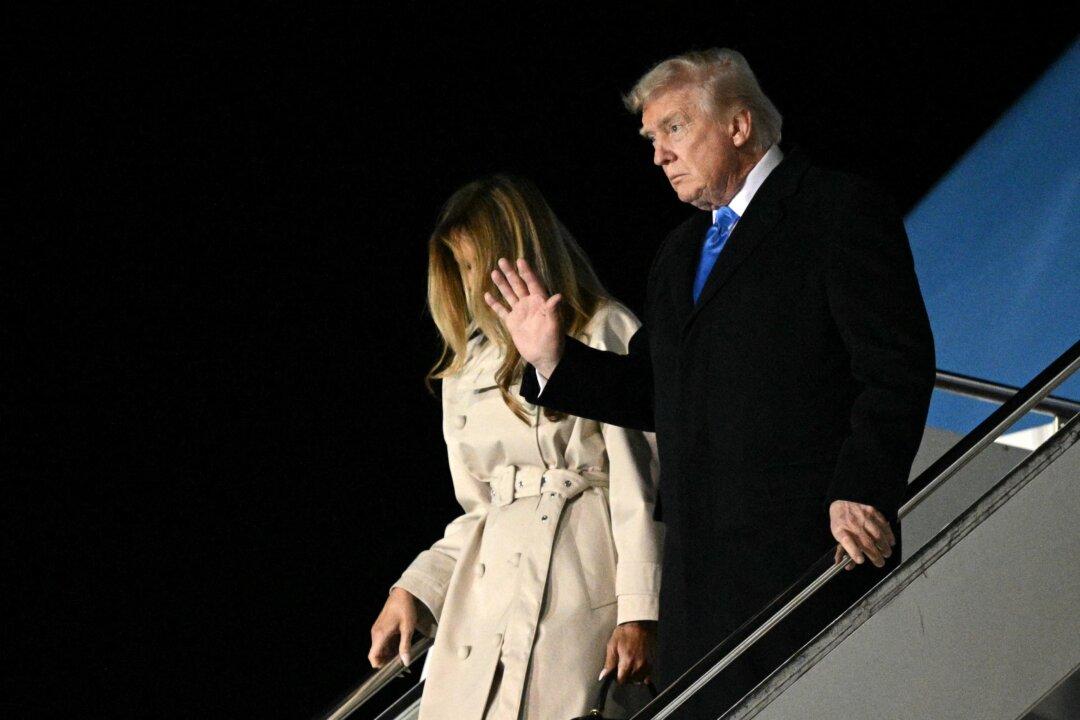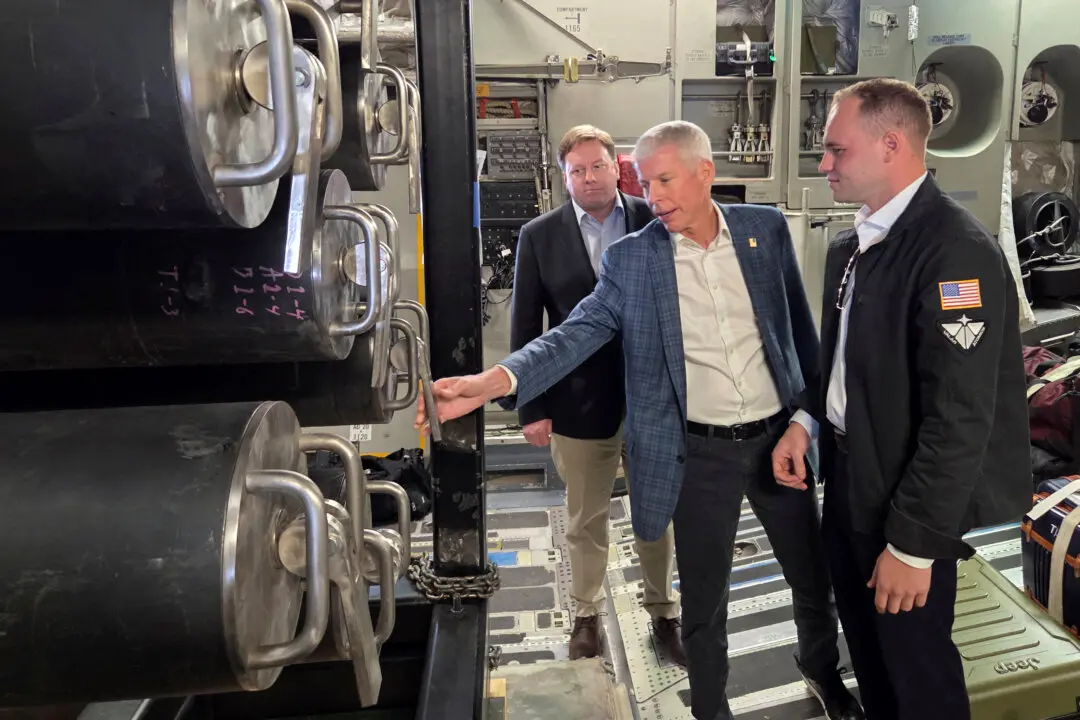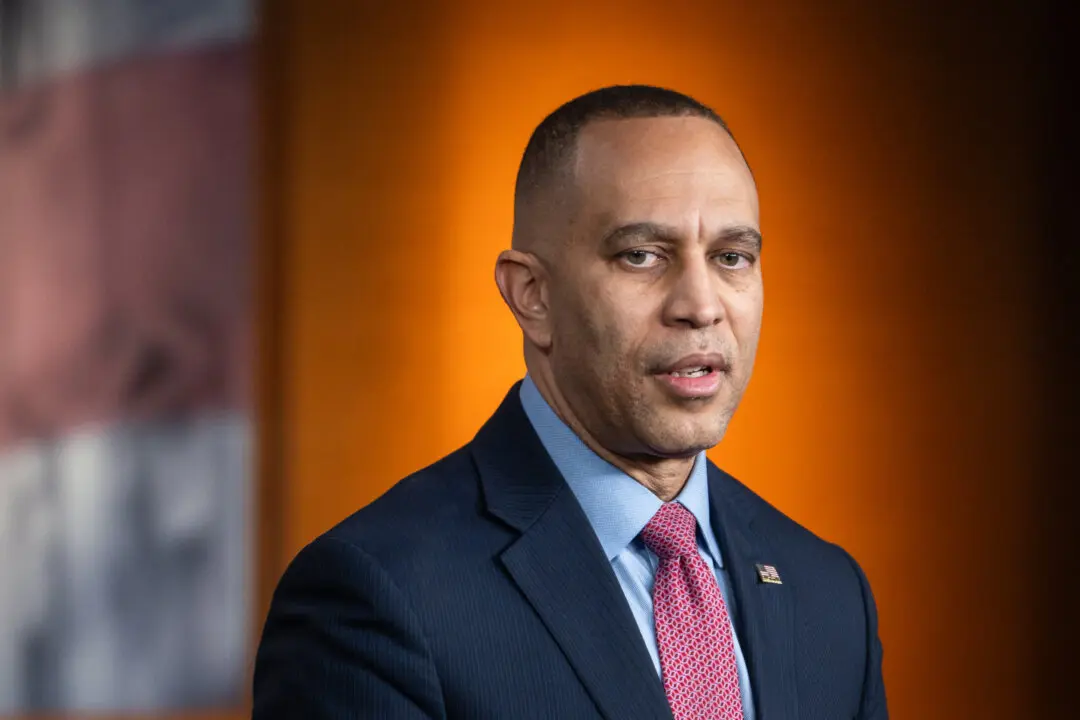Russia and Ukraine are “very close” to reaching a peace deal that will bring an end to the war in Ukraine, President Donald Trump stated on social media on Friday.
His post follows U.S. special envoy Steven Witkoff’s meeting with Russian President Vladimir Putin in Russia on Friday. Putin’s aide, Yuri Ushakov, described the three-hour meeting as “constructive” and “very useful,” but did not provide further details, Russia’s news outlet TASS reported.





